Lemons: Everything You Need to Know
Do you remember the first time you gave your child a slice of lemon? For me, the reaction was always priceless, and I did feel slightly guilty at the same time. Lemons are indeed one of those foods that are sour in flavor but do add just the right touch to certain dishes and baked goods. Lemons also happen to be good for you, bringing with it several health benefits to you. Here’s more about lemons and everything you need to know about them.
Lemons: Everything You Need to Know
Lemons are a native fruit to Asia, however today they are grown all over the world. Argentina is the world’s leading producer of lemons, where over 65% of all the lemons grown in the southern hemisphere come from there.
Lemon trees can produce as much as 600 pounds of lemons every year. It may surprise you, but they are technically berries.
Did you know that if you sprinkle lemon juice on other fruits, it keeps them from turning brown? They can also be used as a natural hair highlighter by applying the juice every day for up to a week. They can also be used to clean with.
Cleaning with Lemon
Besides eating lemons, the citrus fruit can also be used to clean areas around your house. Cleaning products at the grocery store that can only handle one or two jobs and can be fairly expensive. A lemon cleaning solution will cost you only a fraction of that cost and leave everything shining just like new.
People clean tough stains with it, add zesty sparkle and shine to their microwave, or use it as a deodorizer in their trash can. Here are more household cleaning jobs that lemons can handle in your home.
Varieties of Lemons
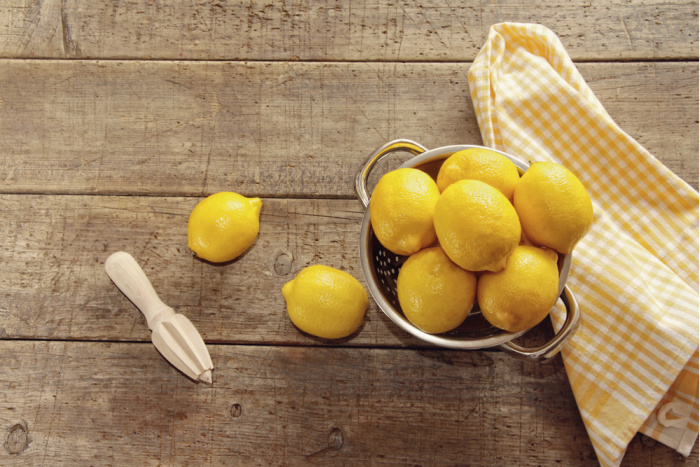
Eureka
The Eureka lemon is the most common type of lemon that you would find at the grocery store. It has few seeds and is mostly enjoyed for its decent amount of acidic juice. The tool above is for juicing my lemons, Lemon Squeezer.
Meyer
The Meyer lemon is a cross between lemons and oranges. You’ll notice that it’s sweeter, smaller, and slightly more orange in appearance too.
Lisbon
Lisbon lemons contain no seeds, have a smooth skin, and even more juice than what you’ll find with the eureka lemon.
Nutrition Facts of Lemons
Add lemons to your list of amazing superfoods that provide you with a number of health benefits. Lemons are one of those citrusy fruits that contain large amounts of vitamin C (one lemon contains 139% of your daily value of vitamin C), along with other nutrients such as potassium, folate, and fiber.
Health Benefits
Helps with Digestion
Lemons are acidic, which helps our digestive systems break down foods easier. This helps our bodies absorb more nutrients while feeding healthy gut bacteria. They also help to increase our urine output and lower the risk of kidney stones.
Supports Weight Loss
There’s not a lot of concrete evidence on this one, but with the limited results that we do have, eating lemons on a consistent basis has shown that some people are able to lose weight by doing so.
Lowers Blood Pressure
Eating lemons on a more regular basis has shown to help lower peoples’ blood pressure. Along with all this, lemons may also help reduce the risk of you having a stroke.
Prevents Certain Cancers
Lemons may help prevent certain types of cancer because of the antioxidants in them, (especially vitamin C) which work to fight off free radicals that are trying to cause cell damage in our bodies.
Benefits Those with Asthma
Those that struggle with asthma may experience fewer and less severe attacks, especially when they are dealing with a cold. Again, that’s because of the vitamin C that helps to reduce these symptoms.
Boosts our Immune Systems
Our immune systems also get a boost from, you guessed it, vitamin C, and other antioxidants at work. This helps them fight germs and diseases, and if you are to get sick, reduce the severity of a cold or the flu.
How to Use Lemons
Besides adding lemon to your sweet tea or adult beverage to garnish it, or whipping up a tart lemon meringue pie, you may not know how to use up all your lemons. Here are a number of other ways to add them to dishes.
Lemon Zest
If you’re wanting to add lemon flavor without all the sour taste, try using the outer grinds of the lemon and adding it to rice dishes, or delicious baked goods.
Lemon Juice
Some dishes require a bit of sourness or acidity, and without lemons, they just wouldn’t be the same. If you’re adding dairy alongside it, make sure that you don’t add too much milk or it may start to curdle. Many people enjoy adding lemon juice to their meats, pasta, and deviled eggs too.
Here are 10 ways to use up your lemons when baking or cooking, just for extra credit.
How to Choose the Right Lemon
If you’re wondering what the art is to choose the right lemon, here’s what you should look for. It’s pretty easy actually. Lemons are one of the few fruits that don’t continue to ripen once they’ve been picked. Look for lemons that are bright yellow and shiny, without any scrapes or cuts. There should also be a slight give to them when you press them.
How Do I Store Lemons?
You have the option of storing your lemons at room temperature or in the refrigerator. However, the refrigerator will get you a few extra weeks, while storing them at room temperature will get you about a week. If you like to keep your lemons in the refrigerator, just be sure to set them out a few hours before you use them so that you can enjoy more of the juices.
What are the Risks of Eating Lemons?
Lemons do in fact have a high acid content, so be aware that they can cause problems if you eat too many. Mouth ulcers and worsening the symptoms of those that experience Gastroesophageal reflux disease, such as regurgitation, or heartburn to name a few.
Final Word
It wouldn’t surprise me if lemons aren’t your number one go-to citrus fruit, but with all of their benefits for you and for your home, there’s no reason that you don’t have lemons stored somewhere in your kitchen. How do you enjoy using lemons with meals or desserts? Have you ever tried cleaning with lemons before? I have, and it works! What do you think of this resource called Lemons: Everything you need to know? May God bless the world, Linda
Copyright Images: Lemons with Leaves Deposit photos_109669566_s-2019, Lemons On Board Depositphotos_50526711_s-2019

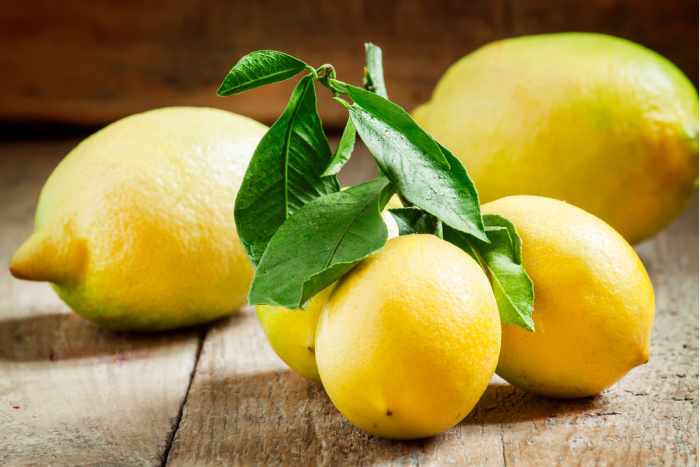

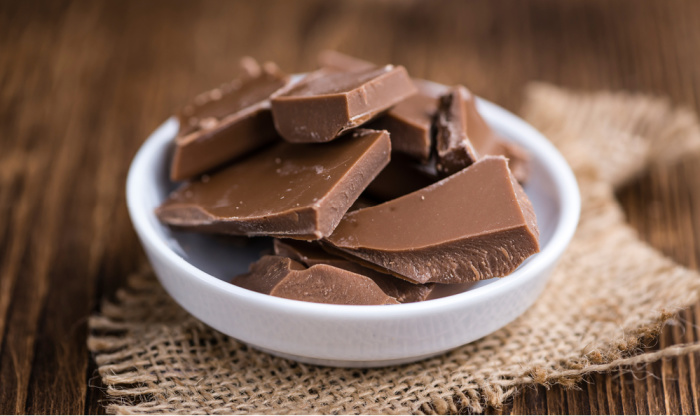
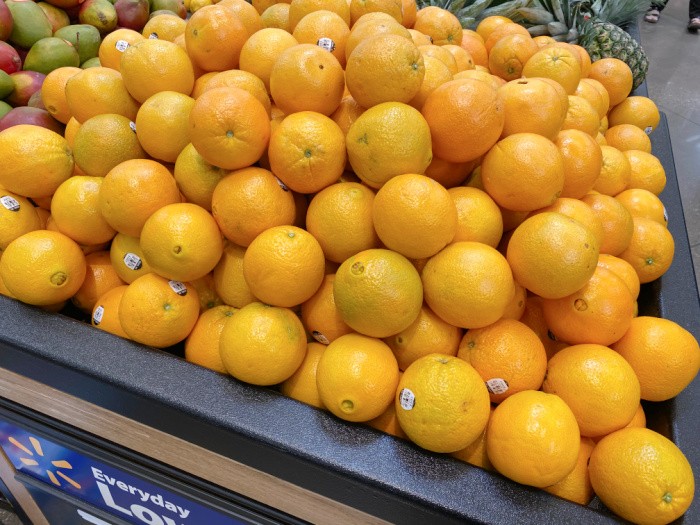
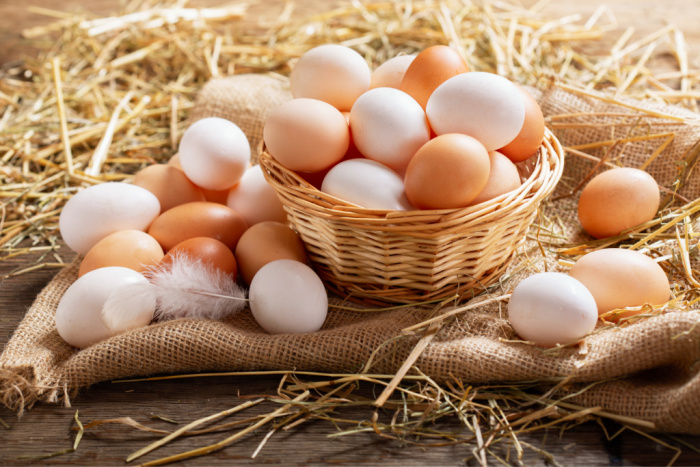
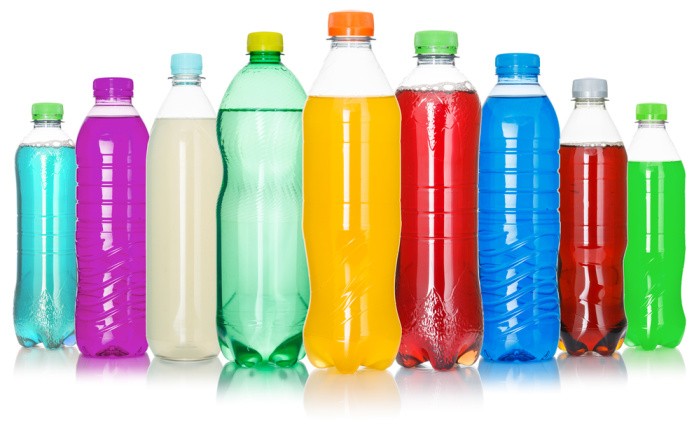
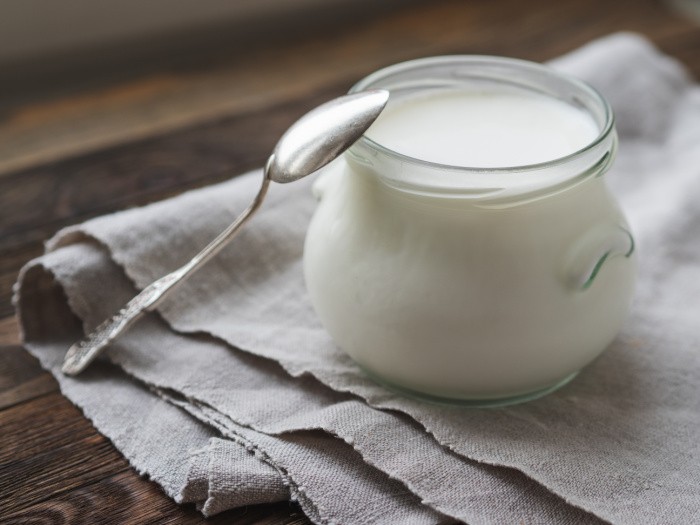
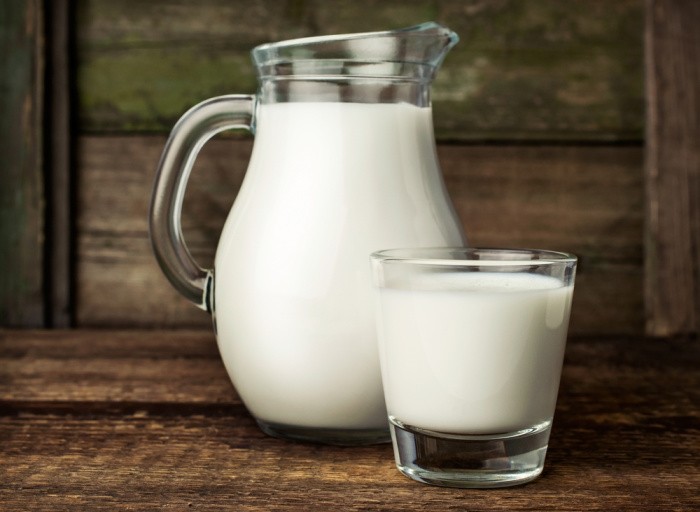













I prepare a drink every morning that consists of 1 tablespoon raw honey, 2 tablespoons unfiltered vinegar, and 2 tablespoons lemon juice. When I found this recipe several years ago it also called for ground cinnamon. I put a piece of cinnamon stick in instead, because ground doesn’t blend very well. Every year when the lemons are ripe I juice them, and freeze the juice in empty water bottles (enough to last a year). This year I actually counted to see how many I use each year and it was about 175 lemons! The electric juicer I bought makes easy work of it.
Hi Kathie, oh my gosh, I LOVE this!! What is the brand of your electric juicer? I love hearing about good juicers! Linda
It’s a Proctor Silex, a special model for ‘Alexa’s Lemonade Stand’. It was less than $20, and works for oranges too. I love it!
Hi Kathie, thanks for giving the link!! Oranges too??? Yay!! Linda
This looks like the exact one, but it’s a little bit more expensive now. Everything’s gone up since this virus started!
https://smile.amazon.com/Proctor-Silex-Juicit-Citrus-Juicer/dp/B00023XDJA/ref=sr_1_1?crid=3I5VNI1IECIW9&dchild=1&keywords=citrus+juicer&qid=1595525699&refinements=p_89%3AProctor+Silex&rnid=2528832011&sprefix=Citrus+juicer%2Caps%2C247&sr=8-1
Thanks Kathie!! Linda
I had a whole bag of lemons that i could not use before leaving for vacation so i stuck the whole bag in the freezer. i plan on thawing each as i need it and juicing it
Hi Tracy, I love hearing this, great idea!!!! Linda